The Miniseries Needs To Be Used Way More Because It’s The Best

You don’t need me to tell you that ours is an era in which content is king, marked by a television landscape more densely saturated than ever before as seemingly infinite series compete for eyeballs. But in the middle of this glut, a format emerged that is much more than a breath of fresh air—it’s a beacon of creative excellence, a vehicle for storytelling precision. I’m talking, of course, about the miniseries.
Longer Isn’t Better

Many standouts of the format come to mind—but the most winsome pieces, in my eyes, are Mare of Easttown and The Night Of, both by HBO (anyone surprised?). They collectively prove the power of storytelling by no means depends on longevity; no, it relies on depth, scope, and intensity. In simpler terms, it is about the ability to grip an audience.
One And Done Is Okay
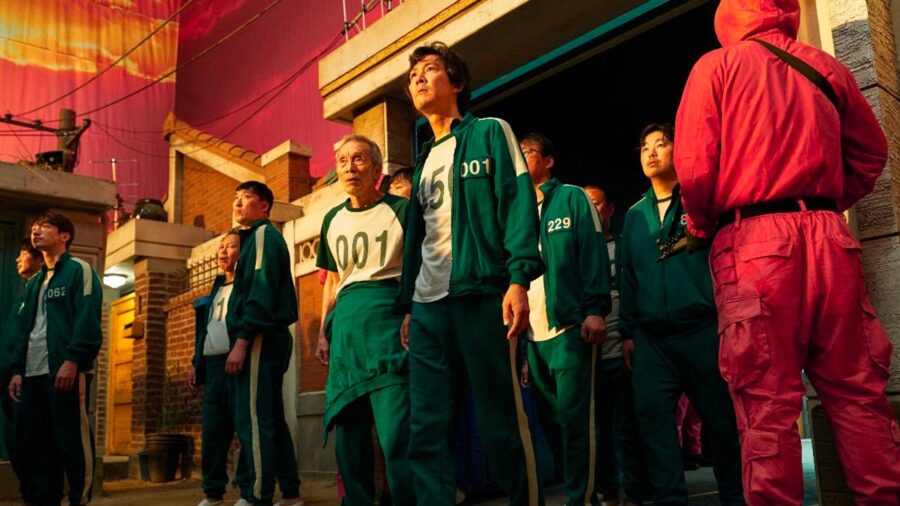
Even acclaimed series like Squid Games could and should., benefit from this lesson, especially given the impending premiere of the second season, which will doubtlessly flounder in the shadow of the show’s monumental debut.
Miniseries Don’t Lose Focus
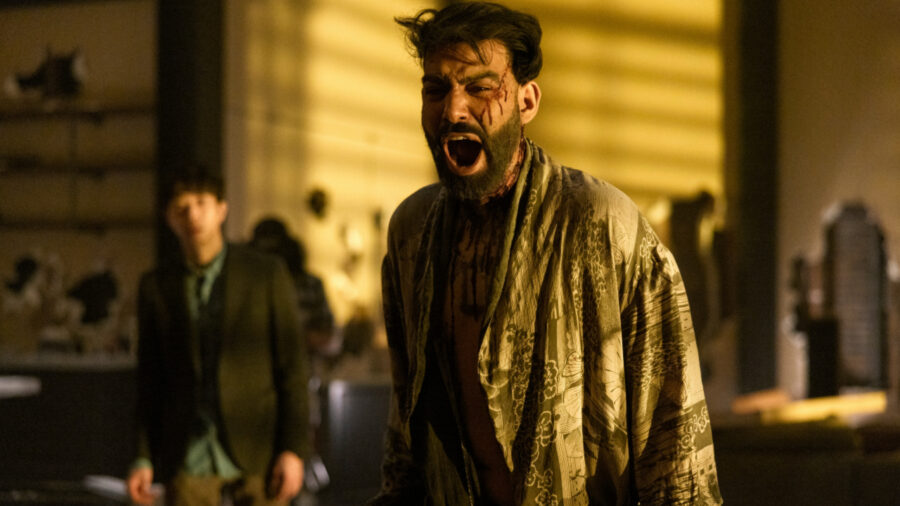
The miniseries format benefits from a degree of focus and detail that sprawling series’ can rarely afford. These shortened doses of content, rather than suffering from their narrower aim, punch all the more powerfully through their single seasons and self-contained narratives.
Entire Story Arc In Under A Dozen Episodes
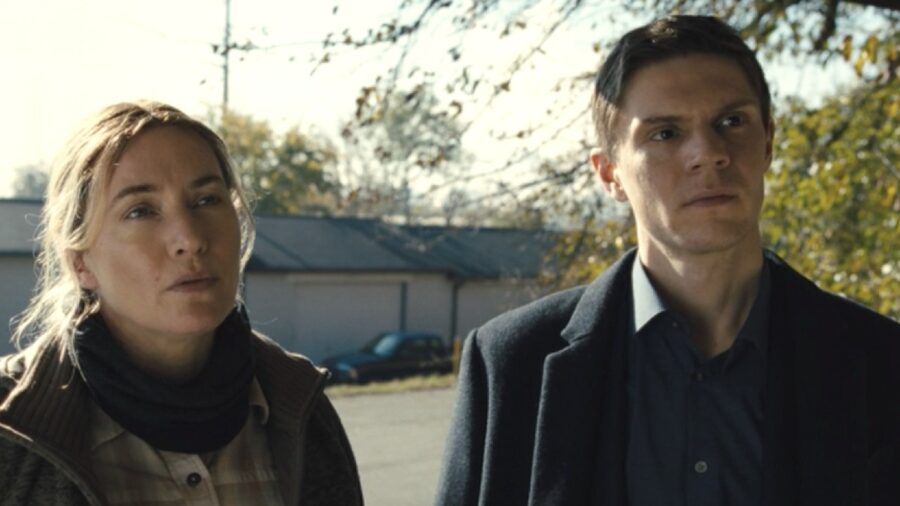
For example, take Mare of Easttown. It’s a masterclass in character development, plot pacing, and thematic depth. We can’t help but be moved by Mare’s journey internally, while the murder case, externally, grips and excites us with its expert, dizzying progression. The series satisfies its own arc perfectly with its seven episodes, weaving a robust narrative web of murder, enigma, and achingly real human dramas befalling its characters.
All Killer No Filler
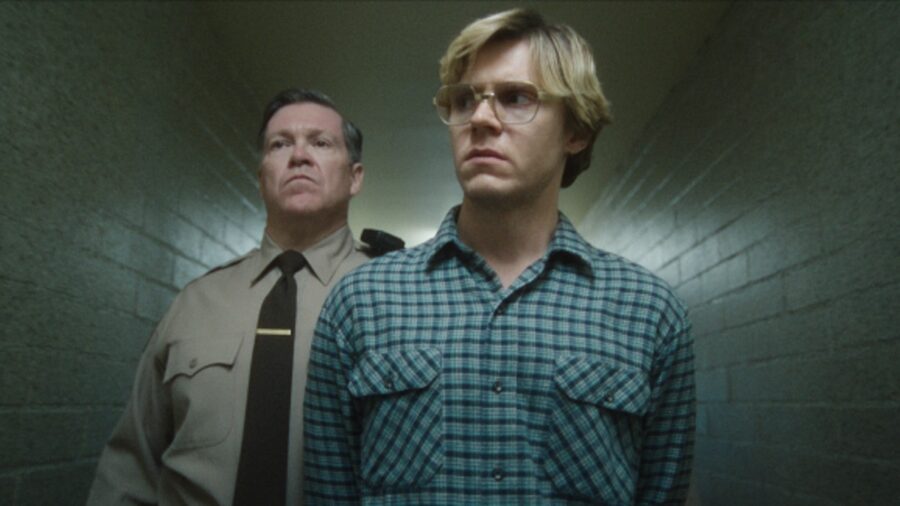
This limited episode count of a miniseries can accommodate no filler, and each scene and line of dialogue matters immensely. The format’s meticulous dedication to craft and its story-forward ethos result in a tight ship that ensures viewers remain fastened to their seats from the opening scene to the climactic (tragic) finale.
There is simply no opportunity for interest to wane.
The Night Of
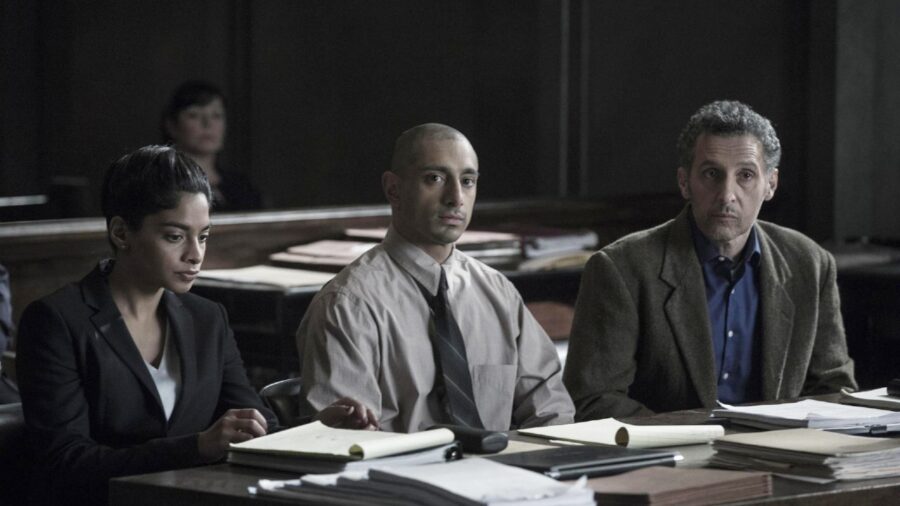
The Night Of boasts a similarly laudable format. Through it, the show conveys a gripping exploration of the criminal justice system alongside a compelling, moody, evocative mystery. Here, we have eight episodes, collectively providing a deep dive into the procedural and human facets of the tale.
I couldn’t get over the nuanced, dynamic portrayals of criminals, cabbies, prosecutors, and defense attorneys achieved by this miniseries, which does profoundly more than a two-hour film format and wonderfully “less” than a multi-season series.
Like all good series, The Night Of retains time to develop its story arc to its natural extent while dispensing with pressure to overextend the story past its organic conclusion.
Maintaining Excellence

Thus, I come to the cautionary tale of Squid Game. I’m sure you know the first season of this series was a global hit; therefore, the temptation to capitalize on this success is understandable. However, therein lies a significant risk—overextending the show beyond its original, brilliant conceit into, sorry to say, True Detective territory.
The latter is a series (which should have been a miniseries) that, despite a stellar first season, continues to struggle mightily to recapture its initial magic. Each subsequent season seems to reaffirm the effort is in vain.
So, the lesson is clear: not every story needs elongation and multiple seasons. Indeed, many narratives are most potent and dangerous when they’re concise, compelling, and conclude before dilution.












